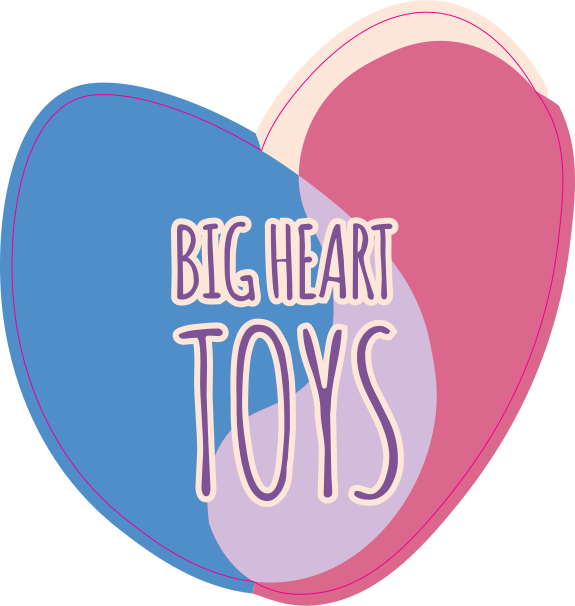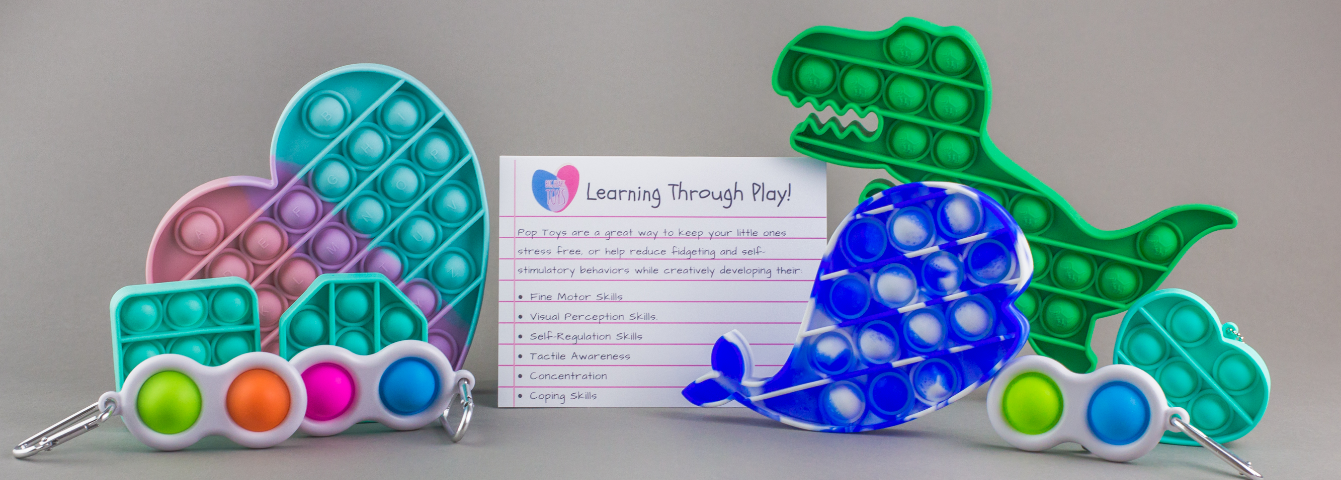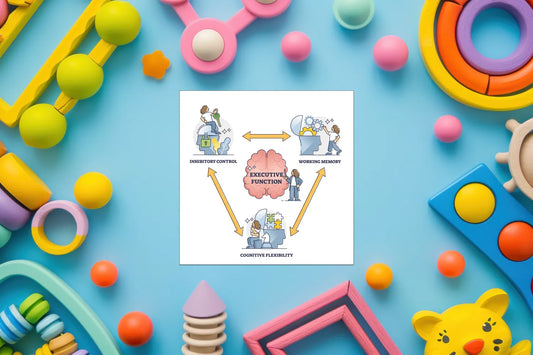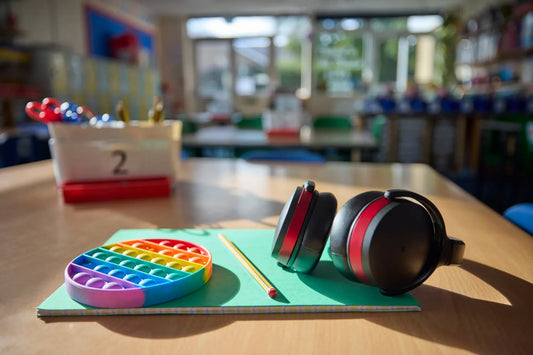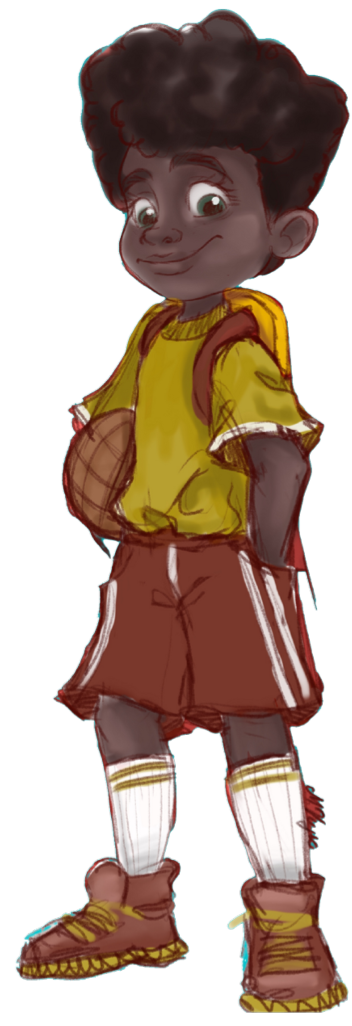Does Autism Disorder Get Worse With Age?
Raising children with autism comes with its own unique rewards and challenges. When you’re in the thick of it, you may find yourself wondering if autism gets worse with age. ...
Does Autism Disorder Get Worse With Age?
Raising children with autism comes with its own unique rewards and challenges. When you’re in the thick of it, you...
Read More10 Best Toys for Children With Autism Age 3
Children with autism often have unique sensory needs and interests that can greatly influence their play preferences. Engaging in play is both fun and essential for their overall development, including...
10 Best Toys for Children With Autism Age 3
Children with autism often have unique sensory needs and interests that can greatly influence their play preferences. Engaging in play...
Read More10 Best Toys for Children With Autism Age 2
Children with autism spectrum disorder (ASD) often have unique sensory needs and preferences when it comes to play. At age 2, they are at a crucial developmental stage where toys...
10 Best Toys for Children With Autism Age 2
Children with autism spectrum disorder (ASD) often have unique sensory needs and preferences when it comes to play. At age...
Read MoreWhat Are the 12 Executive Functioning Skills?
There are 12 skills referred to as executive functioning skills that are deemed crucial for success in day-to-day life. These skills are cognitive processes that allow individuals to function independently....
What Are the 12 Executive Functioning Skills?
There are 12 skills referred to as executive functioning skills that are deemed crucial for success in day-to-day life. These...
Read MoreStimming vs. Tics: What's the Difference?
Stimming and tics are distinct physical behaviors often associated with neurological disorders. They are very similar in appearance, but have different purposes and causes behind them. Stimming, or self-stimulatory behavior,...
Stimming vs. Tics: What's the Difference?
Stimming and tics are distinct physical behaviors often associated with neurological disorders. They are very similar in appearance, but have...
Read MoreIdentity-First Language in Autism: Everything T...
When referring to someone with autism, there are two popular language styles: person-first and identity-first. The difference between saying “person with autism” and “autistic person” changes the emphasis you are...
Identity-First Language in Autism: Everything T...
When referring to someone with autism, there are two popular language styles: person-first and identity-first. The difference between saying “person...
Read More